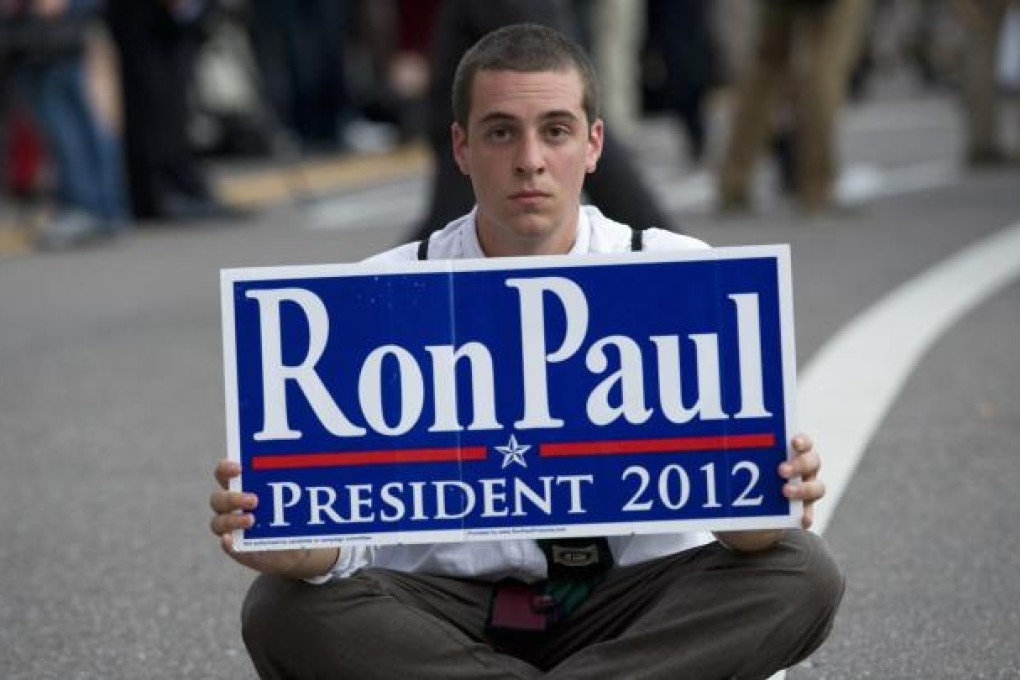Supporters of defeated presidential candidate Ron Paul fight rule changes

Defeated Republican presidential candidate Ron Paul's fiercely loyal supporters fought until the bitter end.
They repeatedly challenged rule changes that weakened their delegate count at the Republican National Convention and made it harder for future candidates to recreate what the Texas congressman did in his third presidential bid.
That bid ended on Tuesday when Romney was nominated by the party to take on President Barack Obama.
Paul was the sole Republican primary candidate not to bow out of the race, endorse Romney and release his delegates. Several state delegations tried to put his name into consideration, but were stymied by delegate-seating decisions by the Republican National Convention (RNC).
Paul's supporters reacted angrily. Several members of the Maine delegation walked out of the arena after the RNC affirmed the party's decision to replace 10 of the state's 24 delegates.
Paul did not win a single state. However, his ardent followers worked arcane local and state party rules to take over several state delegations, including garnering 20 of Maine's 24 spots.